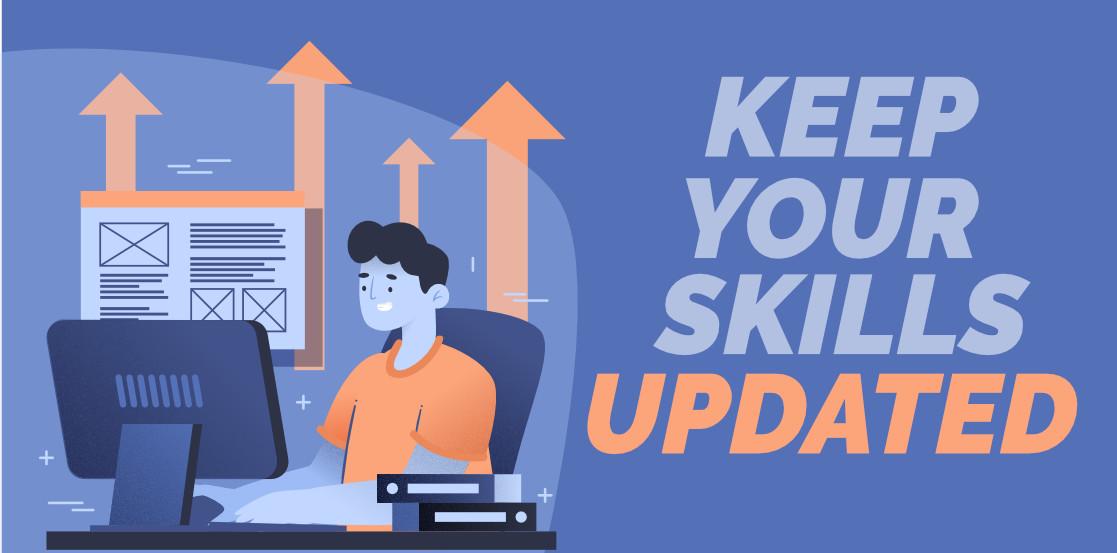Soft skills are essential because software development is rarely a solo endeavor. Developers work within teams, communicate with stakeholders, and address ever-changing challenges. Strong soft skills like communication, adaptability, and collaboration enhance team dynamics, reduce misunderstandings, and ensure projects run smoothly. These skills also help developers grow professionally and contribute meaningfully beyond technical tasks.
-
Master key soft skills to boost your career as a developer
-
Improve communication, teamwork, adaptability, and problem-solving
-
Stand out in the competitive software development industry

